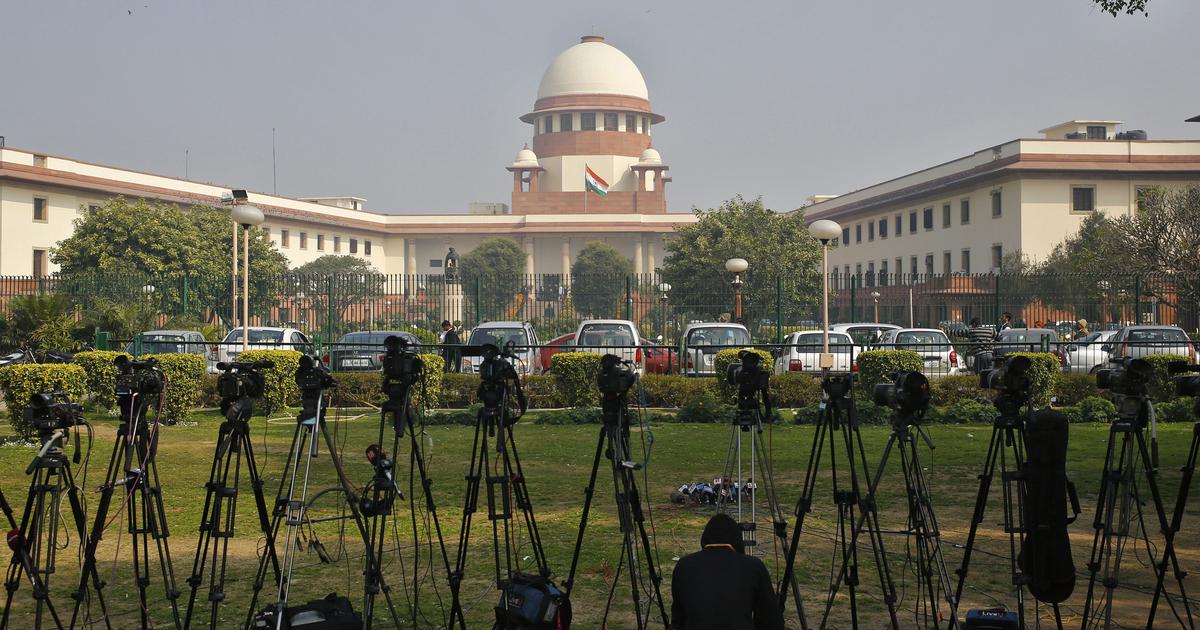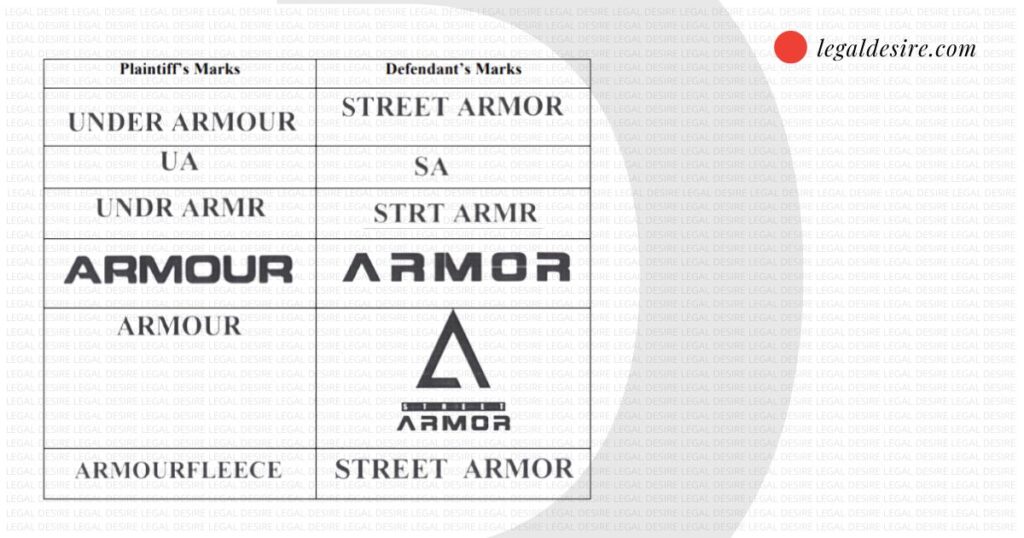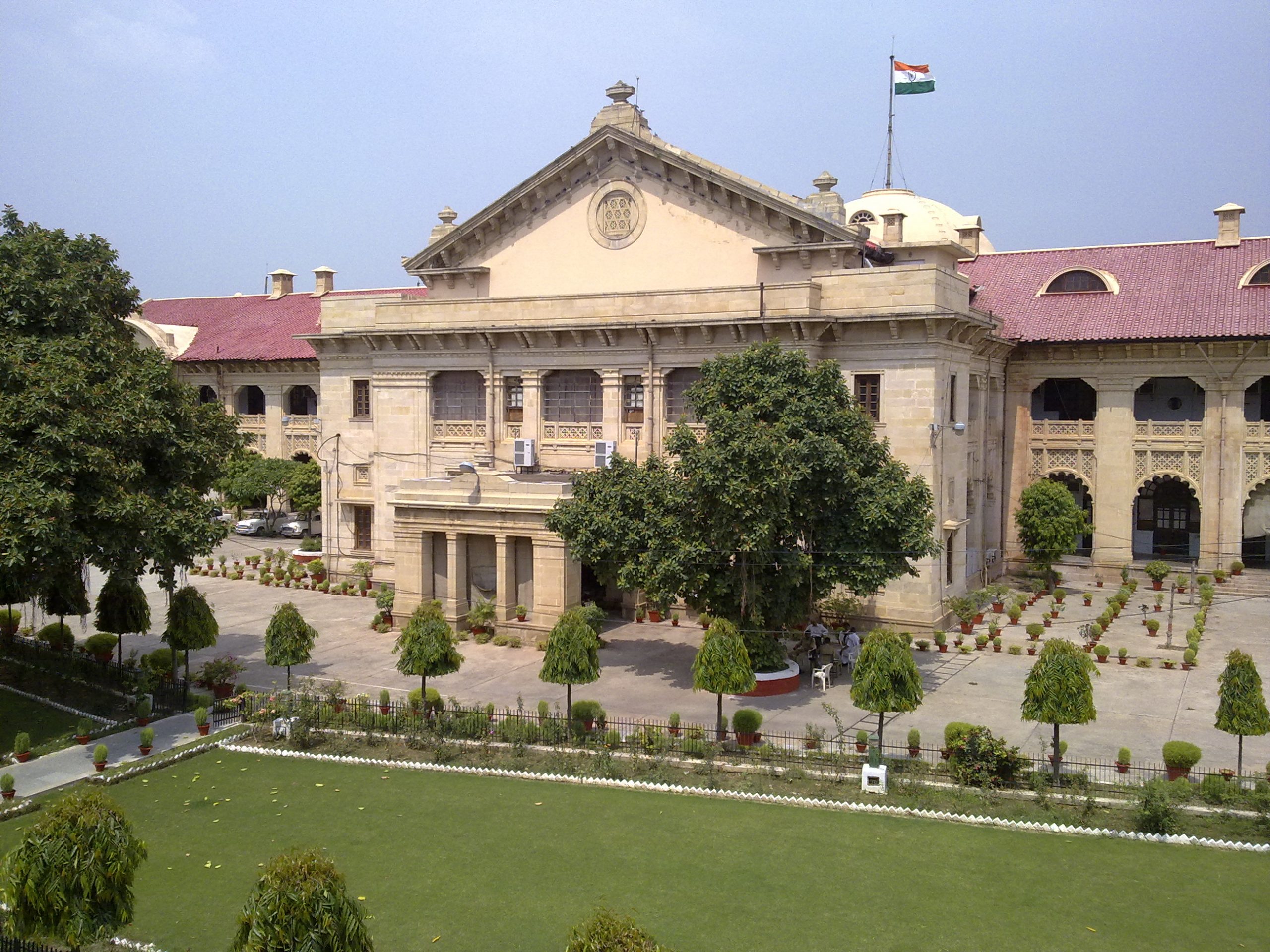Now Reading: SC: Pujaris are only employee to serve the temple and they have no right in any property of the temple
-
01
SC: Pujaris are only employee to serve the temple and they have no right in any property of the temple

SC: Pujaris are only employee to serve the temple and they have no right in any property of the temple
Hon’ble Supreme Court while dealing with a petition here on 27.02.2019 in the case of “SHRI RAM MANDIR INDORE VS. STATE OF MADHYA PRADESH AND OTHERS” while deciding the issue whether Shri Ram Mandir is a public temple or private, stated that the pujaris are only employee to serve the temple and they have no right in any property of the temple. Learned R. BANUMATHI, J. has decided the case.
Briefly stated facts of the case is as follows:- Shri Ram Mandir is a private temple of which Mahant and Manager is Ram Das. He has been continuing to perform pooja-archana and management of the temple since the time of his guru. Earlier to him, his Guru Shri Shiromani Das Ji and still earlier to him, his ancestor guru used to offer pooja-archana and has been in management of the temple. Case of the appellant is that the temple is the private temple of which succession is by descendance according to the rules of Guru Parampara. The suit property/agricultural land has been allotted for Shri Ram Mandir in Inam and in its name and the land is in possession of Shri Ram Mandir. The temple is a private temple and government has no right to interfere in the administration of the temple and the possession and management of the suit lands and no aid was given by the Government in the construction, maintenance and repair of the temple.
The respondents through an administrative order recorded the name of District Collector as Manager of the temple without giving any notice to the appellant which is in violation of principles of Natural Justice and contrary to the provisions of law. On 15.07.1988, District collector and officers of Madhya Pradesh Government initiated proceedings for leasing out the disputed lands and fixed 06.10.1988 as the date for auction for leasing of the temple properties and the same is without any right. The plaintiff has therefore filed the suit for a declaration that:-
(i) Shri Ram Mandir at Indoukh is a private mandir and the State has no right to interfere in the management, pooja-archana and in the possession of the agricultural land;
(ii) for grant of permanent injunction restraining the respondent-officials from interfering with the possession of the suit property by the plaintiff.
Upon consideration of oral and documentary evidence, the trial court decreed the suit holding that Shri Ram Mandir is a private temple and not a public temple. The trial court held that the temple was constructed by predecessor of Guru Ram Das and the temple is a private temple of the current Manager Bajrang Das who has succeeded as the Manager according to the Hindu Law. The trial court held that “entry of Collector as Manager in the revenue records was without notice to the Manager of the temple, cannot be sustained.” There is no evidence that the appointment of pujari was done by the State. On those findings, the trial court granted permanent injunction in favour of the appellant by holding that the State has no authority to auction the land and the same is without authority of law.
Upon consideration of oral and documentary evidence, the first appellate court set aside the judgment of the trial court and allowed the appeal holding that Shri Ram Mandir is a public temple and not a private temple and held that all the lands are inam lands of Shri Ram Mandir and that the title in the disputed lands vests in the Deity so Collector has been rightly recorded as Manager and the status of the pujari is only to perform pooja-archana.
Being aggrieved of the judgment of the first appellate court, the appellant preferred the second appeal. The High Court affirmed the findings of the first appellate court holding that the suit property is recorded in the name of Deity and Ram Das and Bajrang Das were recorded only as pujaris and the name of pujari kept on changing and these pujaris do not belong to one family and there is no blood relation between those persons. The High Court held that the findings of the first appellate court that Shri Ram Mandir is a public temple is correct, hence dismissed the second appeal.
Judgement:- The finding of the first appellate court and the High Court that Shri Ram Mandir is a public temple and not a private one is based upon the appreciation of oral and documentary evidence. No evidence was adduced by the appellant to show as to how Gulab Das constructed the temple and whether he used personal funds or take contribution from the public to establish the temple. Bajrang Das himself has been appointed as pujari by the Government and the appellant has not adduced any evidence showing that the temple belonged to one particular family. By oral and documentary evidence, it is clearly established that the suit lands are recorded in the name of Shri Ram Mandir. Based upon oral and documentary evidence, the First Appellate Court and the High Court have recorded the concurrent findings of fact that Shri Ram Mandir is a public temple and not a private temple and that the agricultural lands were given to the Deity and not to the pujaris. In the result, the appeal is dismissed.








